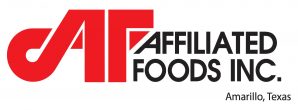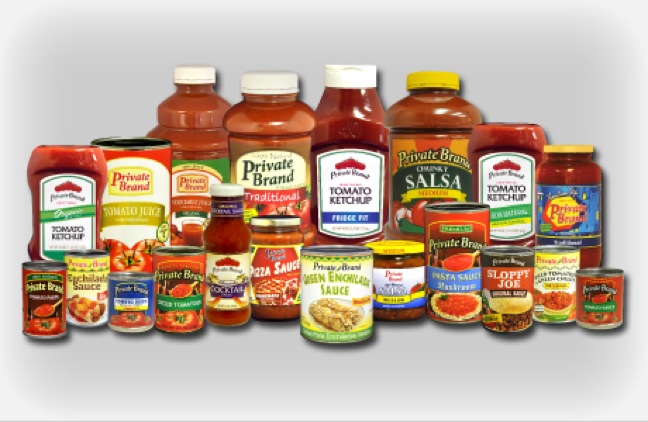Majority of items ‘comparable if not better’
by Mary Margaret Stewart, staff writer
This is the second article in a three-part series by The Shelby Report on private label brands.
Affiliated Foods Amarillo is having an “incredible year” in private brand sales, according to the president and CEO of the Amarillo, Texas-based wholesaler, Randy Arceneaux. Year-to-date, the company’s seen a 30 percent increase in private brand sales.
 “We, like other co-ops in the country that are members of Topco, just went through a conversion from the Shurfine to the Food Club brand,” Arceneaux said.
“We, like other co-ops in the country that are members of Topco, just went through a conversion from the Shurfine to the Food Club brand,” Arceneaux said.
“For us, it was actually a win-win for two reasons. One, we enhanced our variety from 900 SKUs to over 1,600 SKUs of Food Club. Therefore, we touched much more categories throughout the store.
“At the same time during the [COVID-19] pandemic, when the CPG products were short on the shelf, a lot of consumers turned to what was available. In some cases, it was private label.”
Arceneaux also pointed to another pervasive consequence of the pandemic – money.
“If it came down to dollars and cents, and [shoppers] were looking for a value because they weren’t working, then they tried private labels,” he said. “It gave us an unbelievable opportunity to put the Food Club brand in somebody’s hand during a heightened time in the pandemic.
 “And so, we got a double win. Not only were we able to increase our SKU count and offer more variety, but
“And so, we got a double win. Not only were we able to increase our SKU count and offer more variety, but
we actually got a jumpstart on a new brand we were going to introduce into the marketplace. Because of the pandemic, there was enhanced trial, and therefore, we’ve seen repeat business.”
For another wholesaler – URM Stores Inc., located in Spokane, Washington – its exclusive brands label also is up significantly.
President and CEO Ray Sprinkle said part of that has to do with brand loyalty fading.
“If people are going into the store, and there’s no toilet paper except for Simply Done toilet paper, they’re going to buy it,” he said. “And they found out it’s good quality. It may not just be exclusive brands; it may be a packer label, or it may be an off label that we’ve pulled out of another region.”
And entering stores with bare shelves has not been uncommon during the pandemic.
Mike Violette, president and CEO of Pembroke, New Hampshire-based Associated Grocers of New England, noted that staying stocked has proven to be challenging.
“It’s become very difficult to keep household names like Bounty and Scott in stock,” he said. “When we do have them, they don’t last very long. Because of this, people have learned that they can get by with secondary brands that they may not have tried before.
“One example of this has been Patelo paper towels out of Mexico, which are actually made by Kimberly-Clark.”
Interestingly enough, limited choices have actually presented consumers with more opportunities to branch out – a plus for private label.
“Truthfully, the pandemic has forced people to try new things, such as private brand products, more than any promotion or deal ever could have,” Violette said. “The majority of our private label brands are comparable if not better than some national brands.
“Now that consumers have been naturally pushed out of their comfort zones, their acceptance has been tremendous.”
For the third article in this series, click here.

